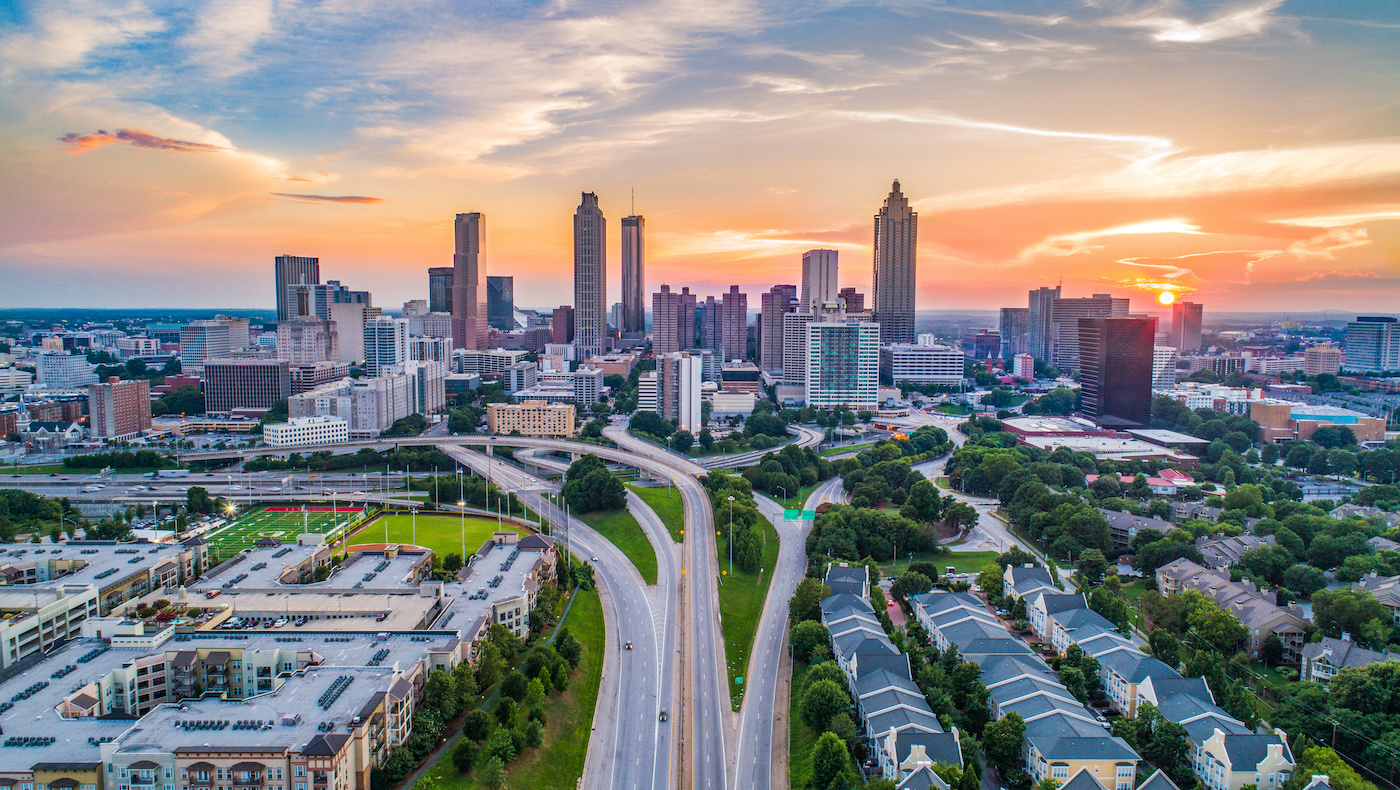[ad_1]
Former AOL CEO and current venture capitalist Steve Case knows a thing or two about innovation. And he also knows where it’s coming from.
If you were to judge innovation solely by the amount of venture capital funding being distributed today, you’d think the answers were clear: Silicon Valley, New York City, and Boston. Those three areas have received lion’s share of investment dollars.
But in his new book, The Rise of the Rest: How Entrepreneurs in Surprising Places are Building the New American Dream, Case looks at how the pandemic and other factors have widened the playing field, and could spread the spend of venture firms in the years to come.
Case calls the pandemic a “shake the globe” moment for business in general, pushing people to reassess their lives and where and how they work. As people have moved away from big cities, that has spread the talent pool of founders and expertise. At the same time, the Internet is starting to disrupt sectors that have previously fended off any sort of significant impact from the online world, such as healthcare.
That could result in a start-up boom in the area coastal snobs refer to as “flyover country.” Case notes that high quality healthcare facilities, such as Mayo Clinic in Minnesota, the Cleveland Clinic in Ohio, and UnitedHealth Group in Minnesota, could lean into partnerships with tech startups in those areas, resulting in a burst of new activity.
“There is a level of collaboration focused on start-ups that didn’t exist before in most of these cities in the middle of the country,” he tells McKinzie and Company. “Before, the economic development game plan was, how do you get a big company to move or open a factory? Now, more people recognize that the new companies are going to be the sustainable-job creators.”
Case’s book profiles 29 cities, but he and his team (including his wife and fellow investor Jean) visited much more than that along the way in a bus or recreational vehicle. He says he eventually invested $500,000 in startups after pitch competitions. That evolved into two $150 million seed funds whose backers include Jeff Bezos, Tory Burch, Ray Dalio and more. (The return on the first fund has not been announced, but Case says it’s doing as well as expected, if not better, by its investors.)
Among the cities highlighted are:
Atlanta, Ga., which has the Georgia Institute of Technology and startup Hermeus, which is in the process of building Mach 5 engines.
Chattanooga, Tenn., the home of FreightWaves, which is building a data platform for the trucking and logistics industries. (The city is a hub of operations for some of the biggest trucking companies.)
Detroit, Mich., which began growing with Quicken Loans headquartered there and has since seen an influx of startups, including Stik.com, a professional services review site that was the winner of the first pitch competition.
The journey spanned 11,000 miles and Case details stories of businesses ranging from an indoor farming company in coal country, the aforementioned freight logistics firm in Chattanooga, and a Styrofoam alternatives manufacturer in Richmond, Va. Their stories are different, he says, but at their core, they have similar themes of invention, far away from the hubs people think of.
“Since new companies—startups—are responsible for net new job creation, it is essential that entrepreneurs everywhere have the opportunity to start and scale companies,” notes publisher Simon & Schuster. “Rise of the Rest is about leveling the playing field for everybody, and in the process creating opportunity and jobs for the people and places that have been left behind.”
The views and opinions expressed herein are the views and opinions of the author and do not necessarily reflect those of Nasdaq, Inc.
[ad_2]
Image and article originally from www.nasdaq.com. Read the original article here.

